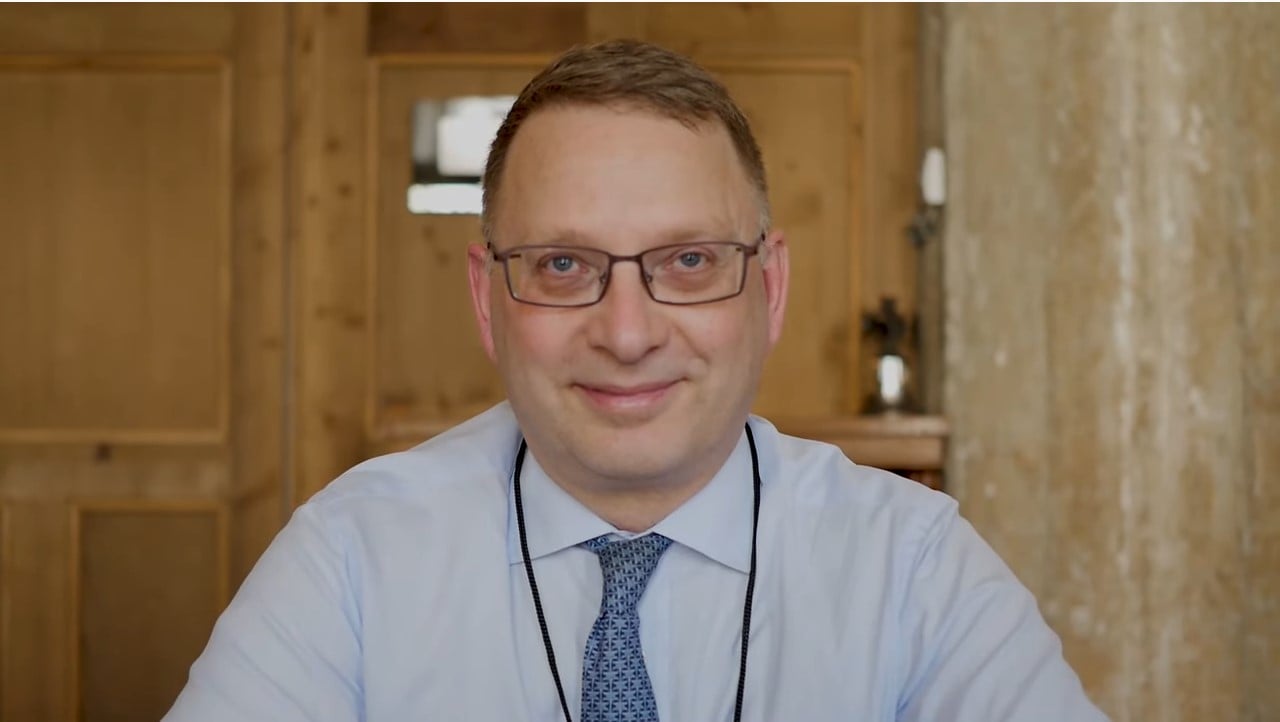Jan Stahlberg is the founder of Trillimpact. He has a private equity background. With his firm he seeks for opportunities in the space of impact investing. Here he tells us, where he sees them.
What opportunities offers impact investing? Jan Stahlberg (trillimpact) explains them
Q2 hedge fund letters, conference, scoops etc
Transcript
Welcome to our YouTube channel. We are here at the Berlin green investing summit. It's nice to have you here. And how did you come into impact investing? And what is your background in investing?
My name is Jan Stahlberg, I've been in private equity investor for the last 24 years with the QT I left EQT being one of the largest firms in Europe last year. And now I have decided to go into impact investing. And this is a decision that has grown for over time, really, I have been on the jewelry for Stockholm University to selecting the best business ideas from a sustainability perspective. And when you see the passion of the young generation, you realize this is something that will change the world forever. Because the young students are today at university stay lonely work for employers today a sustainable business strategy, they'll only cause you in a sustainable way. And I firmly believe that you will only be able to make good money unless you actually follow these trends. That consumer goes this way. Since 1970, powerful species have have disappeared. And of course, we all know we can't continue for the next 50 years, the way that things have been going on the last 50 years. And of course on carbon emissions is even worse. So I just think that when you are in investing, you have a rule low prudent say that no matter how remote, the risk is, you never take the bankruptcy risk. But that little bit what humankind is doing for the time being because we may be losing the planet so that all people will actually die in the end. And I paint that is not for prudent doing so you can debate, at what degree is it irreversible? And when does that happen? That I think it's really clear to all of us that we are, we are over consuming when it comes to disease, New Forest can also cause some horrible, so we just got to address it. And we got to take out that optionality risk. I am personally completely convinced that this is very, very dangerous. So I'm a believer in that sense that we have an urgent need here. But I understand some people are more skeptical. But I would I would say to them that can you really rule out that this is a catastrophic scenario. And I think very few people being scientists are not very committed to that idea can actually do that out. So let's help to create a more sustainable planet and a better planet for all the people. And I believe we can make profit at the same time, because that will require big investments, not huge investments, if the private community, the Sq capital, that way we can solve that issue for the next 10 years.
You said you have a private equity background? How does that influence your way of thinking about impact investing and your style in this new form of investing for you?
Well, of course, I had investment background, I think I've been relatively good at making a name for the investors over time. And I see this as a huge business opportunity in the sense that the change they will allow occur, how people consume, how the regulators will act upon consumer pressure will require a completely different investor skill set than what we've had historically, where sustainability rates have been seen as non financial risk, but I truly believe that they are in separately now. So in the sense that the senior center bill interest will be very financial risk with huge financial implications. So having that sustainability analysis and expertise into your investment expertise, as one program this will be actually key and important for being a successful investor. This has not really been accepted by large parts of the investment community. But I think in in due course, this will be how most investment organizations actually operate.
Why do you see this risks? Can you give some examples, please?
Well, of course, if you're in supplying to diesel cars, today, I personally believe that they're coming to an end. And of course, there's probably a million jobs going away and of course, profits will turn into losses. For many of those suppliers. On the other hand, if you support the infrastructure for electrical cars, when those cars should be charged, and when components should be delivered to electricity, cars, that is completely different from the traditional car. There is a tremendous business opportunity. Same thing with all the companies of course.






